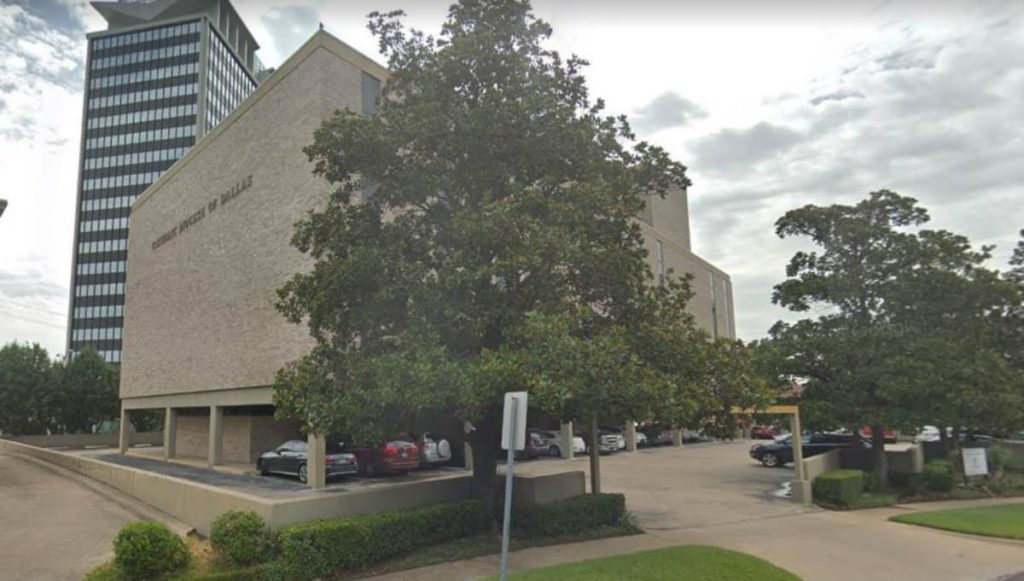
Last Wednesday, May 15, Dallas Police searched Catholic Diocese of Dallas headquarters and several other church properties as part of their sexual abuse investigation into local churches.
According to a search warrant affidavit, the police say that the diocese has failed to provide full information on sexual abuse allegations against multiple priests. In some cases, the warrant says, the church gave authorities incomplete records on accused priests.
This investigation began with the issue of an arrest warrant for priest Edmundo Paredes, who formerly served at St. Cecilia's Parish in Dallas. He is currently considered a fugitive.
St. Cecilia's, the headquarters of the diocese, a storage facility, the pastoral center, and administrative offices were searched on Wednesday.

Texas and many other states have had widespread issues with sexual abuse by Catholic priests, deacons, and other clergy members. In January, all dioceses in the state released the names of every clergy member accused of sexually abusing children. According to these lists, at least 298 clergy members in Texas have been "credibly accused" of sexual abuse, with the earliest cases on record dating back to the 1940s.
Survivors advocates have criticized these lists, claiming that they are unreliable and incomplete.
Attorney contributor Anjali Nigam represents survivors of sex abuse in civil lawsuits. Here is some general information from Anjali on the legal rights of clergy sex abuse survivors in Texas:
It's no secret that the Catholic Church has had problems with sexual abuse for decades. However, only recently have many victims felt like they could find the justice they deserve. In 2015, a new law extended the statute of limitations for filing a sexual abuse lawsuit in Texas. Today, survivors of child sex abuse have 15 years from their 18th birthday to file a civil lawsuit.
Taking legal action through a lawsuit can help demand accountability from a priest for the crimes they've committed, as well as the church for failing to keep their parishioners save from sexual predators. Churches can be held liable for their failure to prevent abuse through negligence, such as covering up abuse or allowing accused clergy members to transfer to other churches.
If you or someone you love is a survivor of sexual abuse in the Catholic Church or another religious organization, it's important to be aware of your legal rights. You can learn more about your options by discussing your case with an experienced sex abuse survivors attorney.
https://www.cnn.com/2019/05/15/us/dallas-catholic-diocese-sex-abuse-raid/index.html
 info@legalherald.com
info@legalherald.com